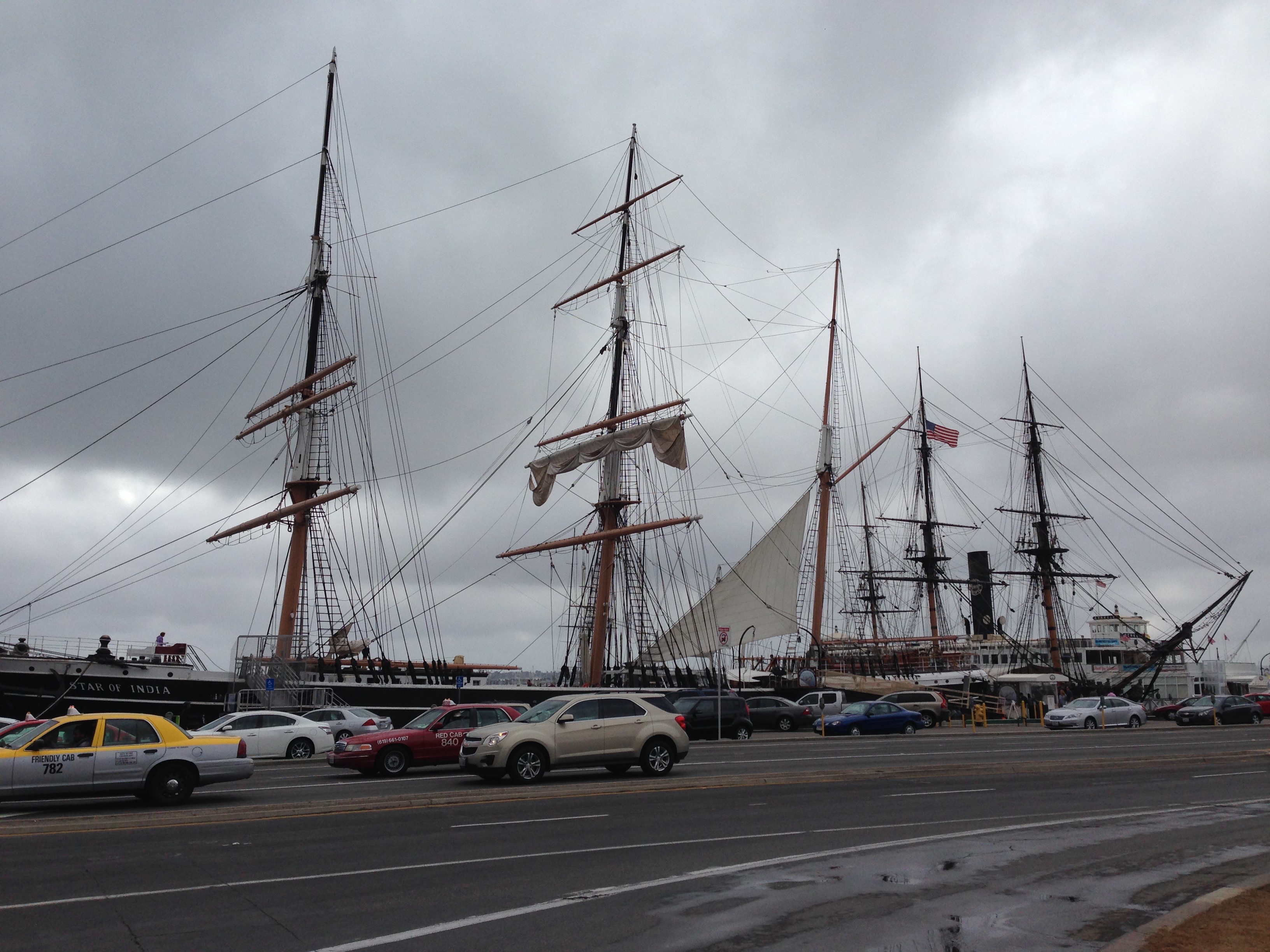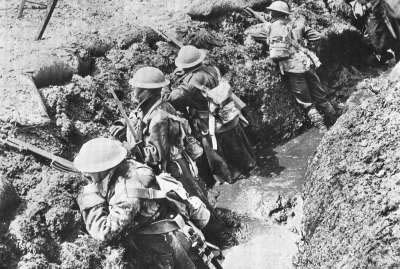- by Jeff Saperstein
Special Commentary for the National Security Forum
This year marks the 100th anniversary of US entry in WW1, which claimed 116,000 American lives during just one year of combat. The “Great War” is mostly forgotten, but there may be an important lesson for today: it is not just how does a war begin, but how and when it ends that may matter most.
Human conflict and war is as old as recorded history. Glorified in Homer’s Iliad (Helen of Troy, the face that launched a thousand ships) to Joshua conquering the land of Canaan. War has been glorified.
Today, most of us have a different attitude. We have learned that armed conflict may sometimes be necessary, but for us glory is neither the purpose nor reward. War technology and weaponry of war has made the consequences of unrestricted conflict immeasurably more destructive. We hope conflict the US engages in become a means to end a conflict, or targeted to eliminate implacable foes dedicated to our destruction, rather than unconditional surrender of one nation winning, while the other totally loses in humiliation.
WWI is mostly remembered as a set of mistakes that triggered a war few wanted, but alliances among countries in Europe ensnared them into a war that commenced in August, 1914 and was supposed to end quickly as did the previous Franco-Prussian War of 1871. However, much had changed in the forty plus years of limited conflict by cavalry and cannon.
Between August and December 1914 France alone lost more than 300,000 soldiers killed. The industrialized machinery of war had enabled unprecedented murder. So if the European countries had blundered into such a war, why did they not stop after several months? Why did the war go on for four years, resulting in twenty million men losing their lives, until the 1918 Armistice?
The English poet Wilfred Owen, who lost his life in battle in 1918, voiced the cynicism of the era; he participated in what seemed like a never ending, meaningless conflict in trench warfare that not only destroyed much of Europe’s youth, but poisoned the belief in their ethos and culture. His words in “The Parable of the Old Man and the Young” still have power and resonance:
And as they sojourned both of them together,
Isaac the first-born spake and said, My Father,
Behold the preparations, fire and iron, But where the lamb for this burnt-offering?
Then Abram bound the youth with belts and straps, and builded parapets and trenches there,
And stretched forth the knife to slay his son.
When lo! an angel called him out of heaven,
Saying, Lay not thy hand upon the lad,
Neither do anything to him. Behold,
A ram, caught in a thicket by its horns;
Offer the Ram of Pride instead of him.
But the old man would not so, but slew his son, And half the seed of Europe, one by one. “So “the Ram of Pride” is the folly that can protract wars beyond any hope for gain. Each generation of Americans since that War have been engaged in major conflict that defined their respective eras. For my generation, the Vietnam War was such a conflict like WWI that split the nation. Many who opposed the war believed that the war was both ill-founded and unwinnable. Good men were sacrificing their lives not for our national safety, but for our national pride.Lyndon Johnson famously said, I do not want to be the first President to lose a war, while his friend Senator Russell Long advised, “Declare Victory and get the hell out of there”One of the few Western Democracies who has experienced similar trans-generation conflict is Israel. In the brief 70 years of its existence every generation has fought multiple wars. The average Israeli man today may have fought in four separate conflicts. With reserve duty for 30 years after the three years of compulsory military service, it is not unusual for everyone to have seen active combat.So perhaps we can gain some insight in the transformation of one of Israel’s great warriors, Ariel Sharon. Feared by Israel’s enemies and beloved by the soldiers under his command. As a military leader he was often brutally effective, but as a statesman he became wise. He famously said of conflict with the Palestinians, “Let’s do what we have to do, but let’s not do more than we have to do.”Similarly, Colin Powell, during the first Iraq conflict “Desert Storm”, labelled his doctrine as defined specific objectives with overwhelming force, knowing what the limited end game is intended to be and stopping when it is achieved.
It is with hope and pride that I see the current generation of American military leadership in Generals Mattis, McMaster, Petraeus, and others who have emerged from long conflicts to be both strategic and competent to use American force carefully, and with forethought to action, consequence and realistic outcome.
Let’s hope moving forward that the follies of past conflicts that should have ended, but for the Ram of Pride, will be lessons learned by American leaders who may need to put our soldiers in harms way, but judiciously.
Jeff Saperstein is a Marin-based Career Coach and University Lecturer in Communications. He is an NSF member and contributor.


